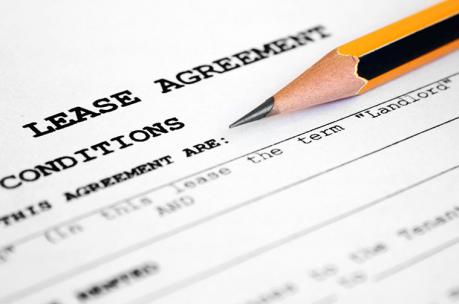
Motel leases have evolved from commercial leases for other types of commercial or industrial property, having much in common with leases produced by the Auckland District Law Society (ADLS), or the Building Owners and Managers Association (BOMA.) There are other variations, however one of the main differences being that the duration of lease terms (between renewals) for most commercial properties are usually a lot shorter than for motel leases. If someone assigns a commercial lease, they would usually be technically responsible for compliance with the lease after they assigned it, until the end of the current term or, normally when the lease was renewed. The term between renewals would commonly be 3 to 5 years. At the time the lease was renewed with the then current lessee, we understand that the contingent liability for earlier lessees would cease.
Motel leases have got longer over the years. When motel leasing largely got started in the early 1980’s, the leases were often for terms of 12 to 15 years. Since then, as the benefit of the lease goodwill has been more recognised and valued, the lease terms have increased. New leases commencing currently are usually for 35 years, sometimes longer. In modern leases, there is commonly a clause included to put a time limit on the liability of the outgoing lessee after assignment, often 2 to 5 years or earlier if subsequently assigned once again. (There are other ways of addressing this matter, however this appears to be the most simple and efficient way.) Many older leases do not include such wording, unless they have been updated by way of variation.
So what does this mean in effect? We don’t know if it has ever happened, but in the writer’s 40 years in this business we have yet to see a landlord go after earlier lessees for a default. The incumbent lessee generally has a significant amount of capital invested in the lease/business and would stand to lose that before the landlord might be in position to pursue earlier lessees. Also, it doesn’t seem very practical, a landlord would generally re-enter and take possession of the property if the lessee was to fail. If the lessee had a bank loan, there would generally be a provision for the bank to step in to remedy any breach of lease (such as non-payment of rent) in order to protect their security. That way, they could on sell the business even at a lower price to recover what is owed to them. (For more on this – please see article Motel Land & Building Investments – What are the Risks?)
Any questions comments or feedback on these notes are always welcome.
It is stressed that this information is not intended to offer legal advice and independent professional advice should always be sought on these matters.
Kelvyn Coffey
Principal
© 2024